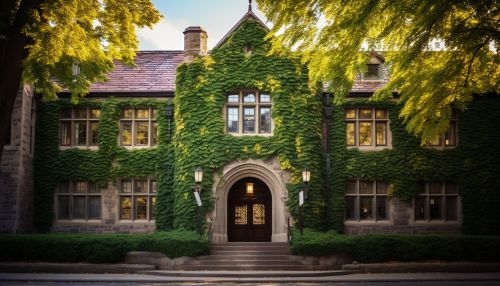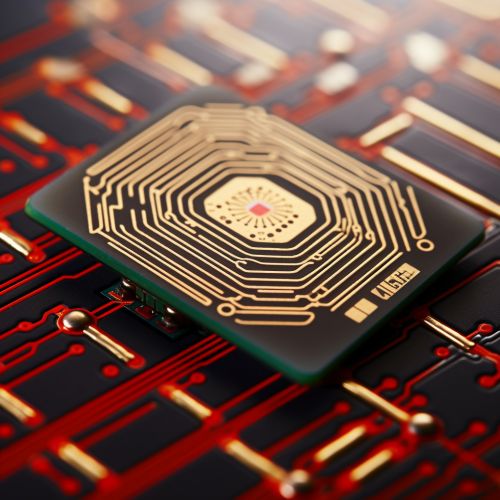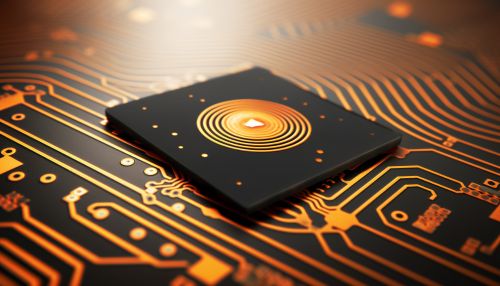Kevin Ashton
Early Life and Education
Kevin Ashton was born in Birmingham, England. He received his Bachelor's degree in Scandinavian Studies from the University of London in 1991. He then went on to earn a Master's degree in Marketing from the University of Cambridge in 1998.


Career
Ashton began his career at Procter & Gamble (P&G) in 1995, where he worked in marketing. During his tenure at P&G, he became interested in the use of radio-frequency identification (RFID) in supply chain management. This interest led him to co-found the Auto-ID Center at the Massachusetts Institute of Technology (MIT) in 1999.


The Auto-ID Center is credited with inventing the global standard system for RFID and other sensors, known as the Electronic Product Code (EPC). Ashton's work at the Auto-ID Center led him to coin the term "Internet of Things" (IoT) in 1999, to describe a system where the Internet is connected to the physical world via ubiquitous sensors.
In 2003, Ashton left MIT to co-found ThingMagic, a company that develops RFID technology. He served as ThingMagic's CEO until it was acquired by Trimble Inc. in 2010.


Internet of Things
Ashton is widely recognized for coining the term "Internet of Things". He first used the term in a 1999 presentation, and it has since become widely used to describe the network of physical objects—"things"—that are embedded with sensors, software, and other technologies for the purpose of connecting and exchanging data with other devices and systems over the Internet.


The concept of IoT has had a significant impact on various industries, including manufacturing, transportation, and healthcare. It has also become a key component of many emerging technologies, such as smart homes, autonomous vehicles, and wearable technology.


Recognition and Awards
Ashton has received numerous awards and recognition for his contributions to technology and innovation. In 2011, he was included in CNN's list of "Top 10 Thinkers" for his work on IoT. In 2013, he was awarded the Auto-ID Labs' inaugural Leadership Award for his contributions to the development of IoT.


Personal Life
Ashton is married and has two children. He is known for his passion for technology and innovation, and is a frequent speaker at technology conferences around the world.


